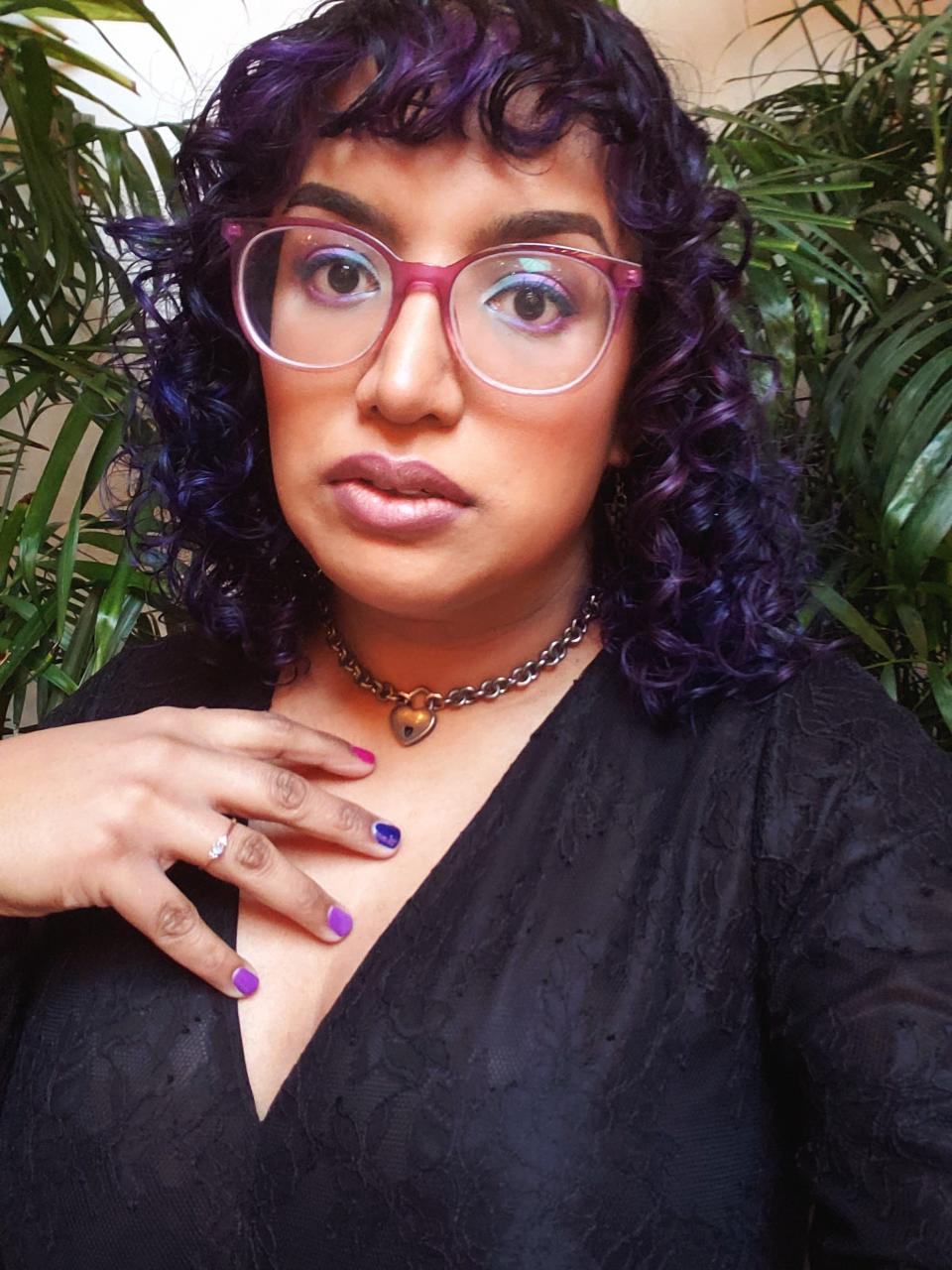Starbucks gave trans employees a lifeline. Then they put our health care at risk.
This year, more than 170 bills were introduced in state legislatures that attempted to restrict transgender health care. Twenty-two have passed. During a time when a hateful and violent movement is attacking the rights of trans people, it’s infuriating that Starbucks has chosen to make it even harder for its transgender workers across the nation to receive lifesaving, gender-affirming health care.
I know just how lifesaving that kind of care can be. I felt hopeless before I worked at Starbucks: My family disowned me when I was a teenager. I was poor, and living in Oklahoma as a visibly trans person was dangerous. I didn’t know how I would afford the expensive process of my medical transition, but other trans people in my life encouraged me to apply to Starbucks.
Not only did Starbucks seem to be one of the few places in Oklahoma that even hired trans people – it also offered a comprehensive trans health care policy. After being hired at Starbucks in 2019, I was able to afford every step of my medical transition. I felt safer in public, I was able to change my gender marker on all of my documents, and I finally felt comfortable in my own body.
The trans health care policy at Starbucks changed my life.
Starbucks offered hope to trans workers like me
Since 2018, any Starbucks employee who received health insurance through the company was given an expanded gender-affirming health care plan. This plan (often referred to as the “supplemental policy”) fully covered the procedures recommended by the World Professional Association for Transgender Health.
Trans kids need gender-affirming care: I’m a psychologist for transgender kids. I have to leave Texas to keep doing my job.
However, Starbucks has overhauled its plan. Procedures that used to be fully covered under the supplemental policy were now covered by a primary plan. This meant that workers were now unable to see their previous providers, and were instead being told to find surgeons in their state who were considered in-network. If not, workers were expected to pay the full cost of surgery upfront – a massive sum of money for what Starbucks previously covered.
In states like Oklahoma, access to gender-affirming care is sparse, not to mention that transition-related surgeries are extremely specialized procedures that carry risks. Starbucks’ changes make trans health care expensive and unnecessarily risky for its own workers.
For many working-class trans people, Starbucks was one of the only realistic ways we could afford to medically transition. Unfortunately, it seems Starbucks is moving to cut off the lifeline it once extended to my community, making the health care policy that radically improved my life inaccessible to trans baristas nationwide.
Trans rights are labor rights
My store voted to unionize last June, joining the national Starbucks Workers United campaign, because we wanted to fight for the benefits that mean so much to us, like trans health care. Every trans person who works at Starbucks should have access to the same life-changing benefits that I did.
Teachers need unions: Republicans, instead of attacking teachers unions, maybe help solve our educator shortage?
While Starbucks hasn't officially released a statement outlining changes to its gender-affirming health care policy, I’ve personally experienced how inaccessible trans health care has become. Last year, I had a minor revision to a prior gender-affirming surgery. When my surgeon recommended repeating the same revision, I was informed by an insurance advocate that the procedure might not be fully covered under the supplemental policy as it was initially.
After meeting with my trans co-worker Niko and other organizers with Starbucks Workers United, we wrote an open letter to the company asking for clarification on the changes to the trans health care policy. We also asked the company to not make any un-negotiated changes to our benefits.
More than 300 workers signed the open letter, which went public on June 29. That same day, I received a call confirming that my revision surgery had been rejected at the in-network level. If I wanted to move forward, I would pay over $15,000 for a minor revision that had been fully covered only a year prior. The timing felt like a cruel joke.
In an open letter signed by 300+ Starbucks Workers United members, workers demand clarity from Starbucks after published reports that workers will be paying THOUSANDS MORE for trans gender-affirming healthcare. pic.twitter.com/S5tR4CIzr9
— Starbucks Workers United (@SBWorkersUnited) June 29, 2023
I don’t have the sole power to make this country or my state a safer place for trans people. But by unionizing, we have the collective power to make sure Starbucks supports and protects not just its trans workers, but all of us. We want fair pay and consistent hours. We want a safe working environment. We don’t want our benefits to change for the worse. We want Starbucks to finally sit down and bargain for a contract with us.

Starbucks recently put out an uplifting ad about an Indian trans woman. As an actual Indian trans woman and a Starbucks worker, it felt hypocritical. The company isn’t supporting trans rights by union-busting and making workers pay more for gender-affirming health care. Instead, Starbucks has joined the attacks on trans rights.
While Starbucks is happy to profit off of “progressive” and “diverse” ads, they’re quietly making health care inaccessible for workers like myself. Trans rights are labor rights.
Neha Cremin is a barista and union organizer at the 36th & May Starbucks in Oklahoma City. She has worked for Starbucks for the past four years and started organizing her store in early 2022.
You can read diverse opinions from our Board of Contributors and other writers on the Opinion front page, on Twitter @usatodayopinion and in our daily Opinion newsletter. To respond to a column, submit a comment to letters@usatoday.com.
This article originally appeared on USA TODAY: Starbucks' trans workers need the gender-affirming care they promised

